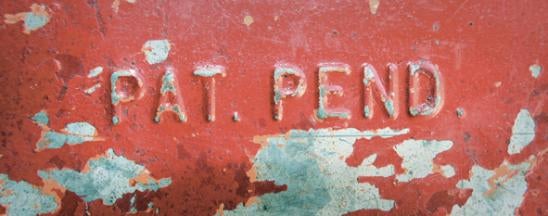Patent infringement can be considered anticompetitive conduct under federal antitrust law, according to a recent ruling issued by the U.S. District Court for the Eastern District of Texas.
This ruling arose out of a dispute between Retractable Technologies, Inc. (Retractable) and Becton, Dickinson and Company (BD),1 in which Retractable alleges, among other claims, that BD’s infringement of Retractable’s patents foreclosed competition and maintained BD’s monopoly power in the hypodermic syringe market, thereby violating Section 2 of the Sherman Act.2
Retractable manufactures patented safety syringes and IV catheters, which protect against needlestick injuries by automatically retracting the needle after injection. According to Retractable’s complaint, BD is the leading U.S. manufacturer of hypodermic syringes and holds a very large share of the relevant market. Retractable claims that BD took steps to protect its dominant position after Retractable’s entry into the market, including by introducing an inferior line of safety syringes that infringe on Retractable’s patents. Retractable contends that these actions, together with other exclusionary conduct including unlawful bundling and loyalty discounts, impeded the adoption of new and novel safety syringes, including those of smaller rivals such as Retractable, substantially lessening competition and maintaining BD’s dominance. Retractable also alleges false advertising and other unfair competition claims.
To prove a violation of Section 2 of the Sherman Act, a plaintiff must demonstrate that the defendant (1) possesses monopoly power, and (2) acquired, enhanced, or maintained that power by exclusionary or anticompetitive conduct.3 In one of several motions to dismiss, BD asked the court to find that, as a matter of law, patent infringement can never be considered “exclusionary or anticompetitive conduct,” and therefore cannot be the basis of a Section 2 monopolization claim. BD argued that no court has ever found patent infringement to be an “anticompetitive” act under Section 2 and that Retractable’s claim makes no economic sense, because patent infringement actually increases competition by making more products available to consumers.
On September 9, 2013, U.S. District Court Judge Leonard Davis adopted the recommendations of U.S. Magistrate Judge Roy S. Payne’s August 5 Report and Recommendation and issued an order denying BD’s motion. Judge Davis agreed with Judge Payne that the only binding precedent offered by BD in support of its arguments held that patent infringement is not an injury recognized under the Sherman Act,4 but this has nothing to do with patent infringement as anticompetitive conduct. Both judges noted the U.S. Supreme Court’s statement in U.S. v. American Tobacco Co. that the Sherman Act covers “every conceivable act which could possibly come within the spirit or purpose of the prohibitions of the law, without regard to the garb in which such acts were clothed.”5 Judge Payne further explained in his Report that while patent infringement often increases competition and benefits the end consumer despite harming a specific competitor, in this case Retractable alleges that the effect of BD’s patent infringement was to decrease competition by keeping BD’s inferior products on the market and preventing the sale of other, better quality safety syringes.
The complex interactions between intellectual property rights and the antitrust laws have received significant attention recently in various contexts, such as pay-for-delay settlements in pharmaceutical patent cases and abusive enforcement of standard essential patents. The decision in this case adds an arrow to the quiver of companies with patented technology that are trying to compete in a market with a large and established player. Companies with high market shares should take note that this ruling may expose them to additional antitrust risks, and should carefully consider whether any of their business practices would support a Section 2 monopolization claim against them.
1 Retractable Technologies, Inc., et al. v. Becton, Dickinson and Co., Case No. 2:08-CV-00016 (E.D. Tex.).
2 15 U.S.C. § 2.
3 United States v. Grinnell Corp., 384 U.S. 563 (1966).
4 A plaintiff must prove antitrust injury in order to recover damages.
5 221 U.S. 106, 181 (1911).





 />i
/>i
